What Type of Therapy is Right for Me?
 Some therapists may take a particular approach to psychotherapy, like cognitive-behavioral or psychodynamic. As a child and adolescent psychiatrist who trains and consults with many other clinicians, I often find myself fielding questions about what type of therapy would be the best fit for a particular person. Read more ›
Some therapists may take a particular approach to psychotherapy, like cognitive-behavioral or psychodynamic. As a child and adolescent psychiatrist who trains and consults with many other clinicians, I often find myself fielding questions about what type of therapy would be the best fit for a particular person. Read more ›


 Self-harm or self-injury means hurting yourself on purpose. One common method is cutting with a sharp object. But any time someone deliberately hurts themself is classified as self-harm.
Self-harm or self-injury means hurting yourself on purpose. One common method is cutting with a sharp object. But any time someone deliberately hurts themself is classified as self-harm. 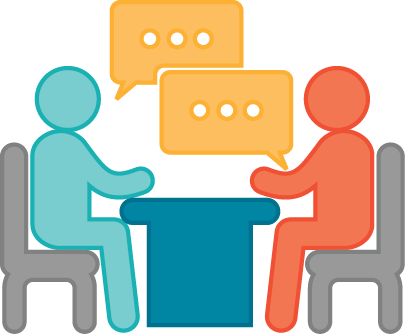
 Dialectical Behavior Therapy (DBT) is a type of cognitive-behavioral therapy. DBT was originally developed in the 1980s by Marsha Linehan, a psychologist at the University of Washington. Although initially intended to help chronically suicidal individuals diagnosed with borderline personality disorder (BPD, DBT has since been adapted for and used to effectively treat a number of other psychological problems.
Dialectical Behavior Therapy (DBT) is a type of cognitive-behavioral therapy. DBT was originally developed in the 1980s by Marsha Linehan, a psychologist at the University of Washington. Although initially intended to help chronically suicidal individuals diagnosed with borderline personality disorder (BPD, DBT has since been adapted for and used to effectively treat a number of other psychological problems. 
 Anxiety thrives on uncertainty. And, as the coronavirus spreads, our unanswered questions can make us feel vulnerable or fearful. And here’s a catch-22: The more you stress, the more vulnerable you can become to viruses, because stress can dampen your immune response. But there are steps you can take to push back against the communal anxiety.
Anxiety thrives on uncertainty. And, as the coronavirus spreads, our unanswered questions can make us feel vulnerable or fearful. And here’s a catch-22: The more you stress, the more vulnerable you can become to viruses, because stress can dampen your immune response. But there are steps you can take to push back against the communal anxiety. 
 Whether you’re considering CBT for yourself (or someone else), or you’re just looking for more information about it, here’s what you need to know.
Whether you’re considering CBT for yourself (or someone else), or you’re just looking for more information about it, here’s what you need to know. 
 When a child is scared of the dark or being left alone, it can be hard for adults to know the difference between an age-appropriate fear and full-blown anxiety. This podcast episode from NPR is full of tools to help parents better understand and manage their child’s “worry brain.”
When a child is scared of the dark or being left alone, it can be hard for adults to know the difference between an age-appropriate fear and full-blown anxiety. This podcast episode from NPR is full of tools to help parents better understand and manage their child’s “worry brain.” 
 Everyone worries or feels nervous from time to time. Anxiety is a normal human reaction to stressful situations. But for people with anxiety disorders, those fears and worries aren’t temporary. Their anxiety persists, and can even get worse over time.
Everyone worries or feels nervous from time to time. Anxiety is a normal human reaction to stressful situations. But for people with anxiety disorders, those fears and worries aren’t temporary. Their anxiety persists, and can even get worse over time. 
 Self-injury, particularly among adolescent girls, has become so prevalent so quickly that scientists and therapists are struggling to catch up. About 1 in 5 adolescents report having harmed themselves to soothe emotional pain at least once, according to
Self-injury, particularly among adolescent girls, has become so prevalent so quickly that scientists and therapists are struggling to catch up. About 1 in 5 adolescents report having harmed themselves to soothe emotional pain at least once, according to 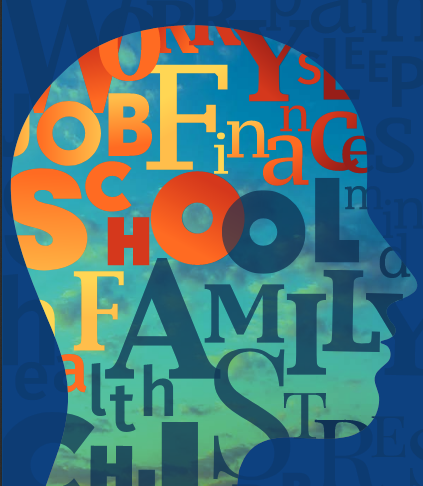
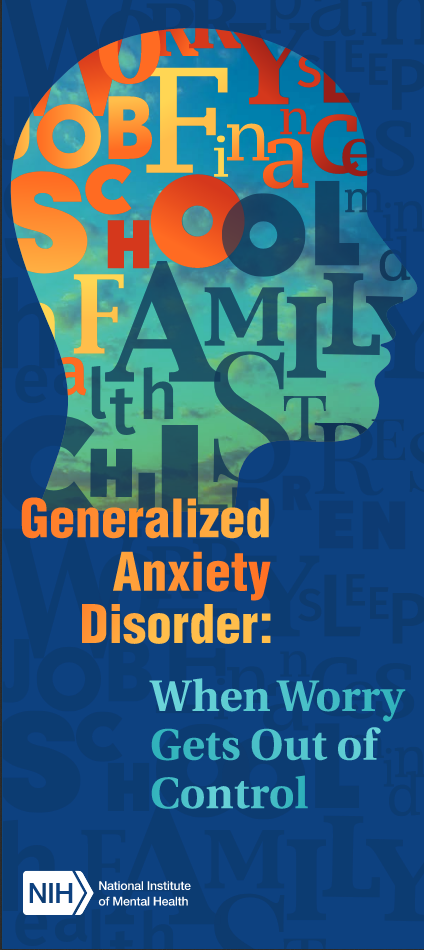 Occasional anxiety is a normal part of life. People with Generalized Anxiety Disorder (GAD) find it difficult to control their anxiety and stay focused on daily tasks. The good news is that GAD is treatable.
Occasional anxiety is a normal part of life. People with Generalized Anxiety Disorder (GAD) find it difficult to control their anxiety and stay focused on daily tasks. The good news is that GAD is treatable. 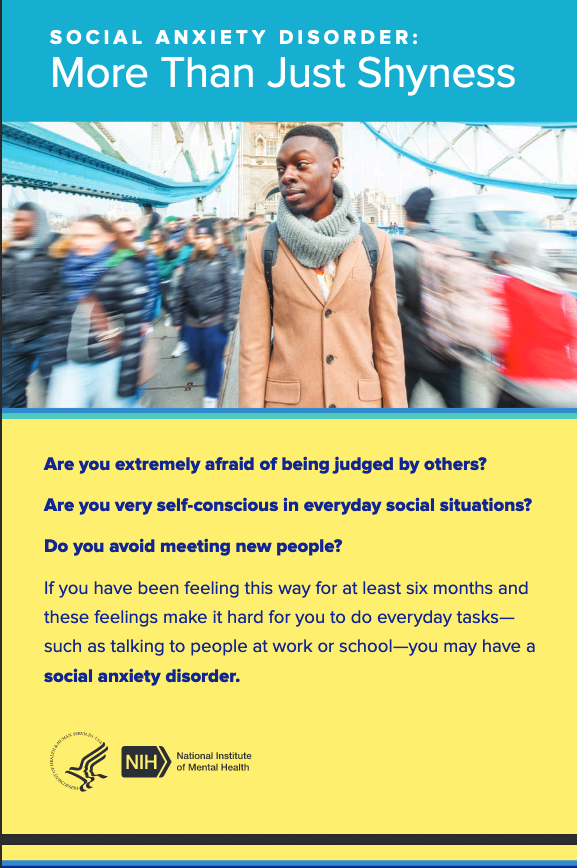
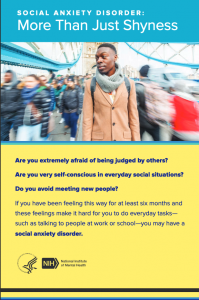 Social anxiety disorder (also called social phobia) is a mental health condition. It is an intense, persistent fear of being watched and judged by others. This fear can affect work, school, and your other day-to-day activities. It can even make it hard to make and keep friends. But social anxiety disorder doesn’t have to stop you from reaching your potential. Treatment can help you overcome your symptoms.
Social anxiety disorder (also called social phobia) is a mental health condition. It is an intense, persistent fear of being watched and judged by others. This fear can affect work, school, and your other day-to-day activities. It can even make it hard to make and keep friends. But social anxiety disorder doesn’t have to stop you from reaching your potential. Treatment can help you overcome your symptoms. 

